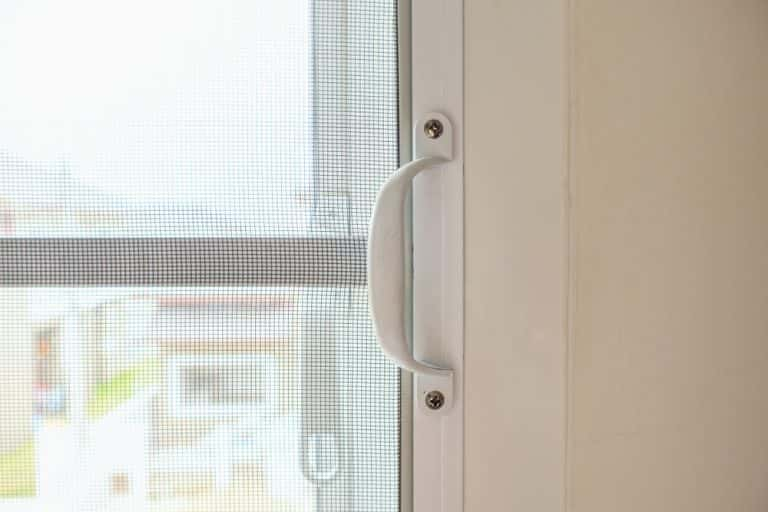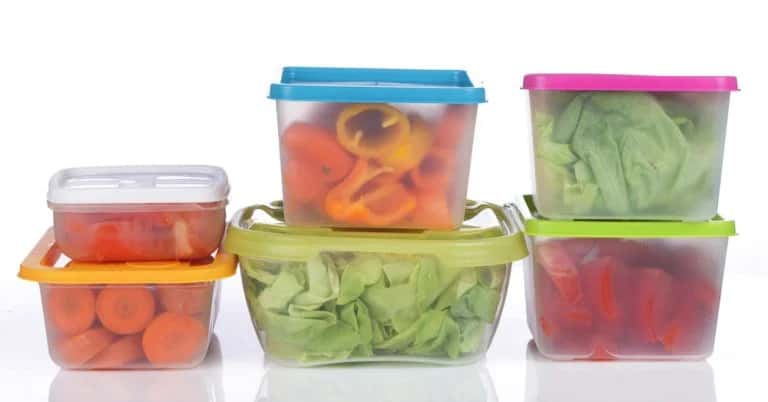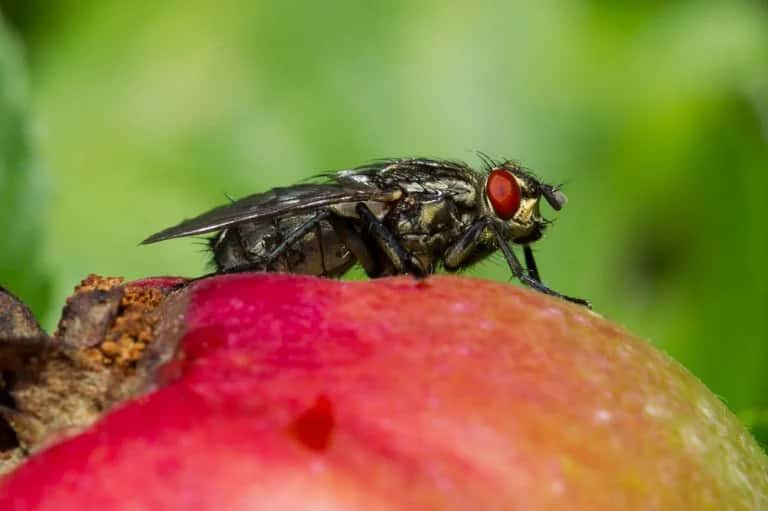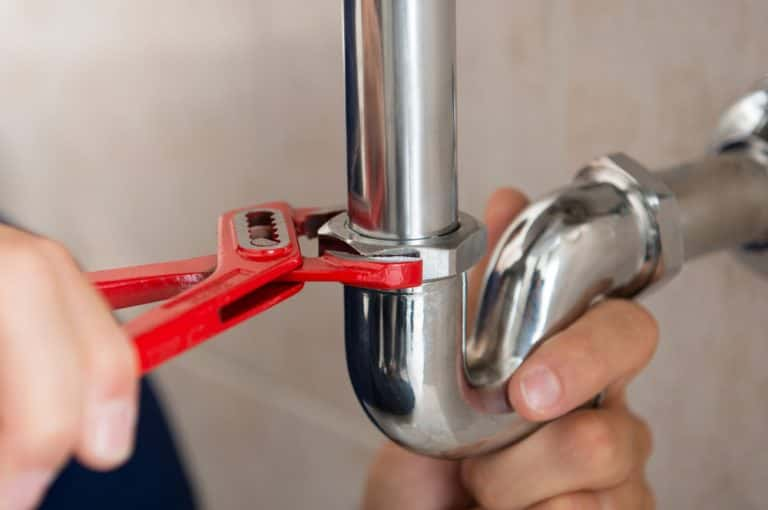It’s easy to get a pest problem in your home if you are not careful. The kitchen tends to be the hotspot for all kinds of pests like rats, cockroaches, spiders, ants, and more because it’s where the food and the food waste are.
Not only are bugs and rodents in the kitchen disgusting, but they can also damage things and spread infections. Our experts are here with a few kitchen pest control tips to help you keep your kitchen insect-free.
1. Tidy Up
A messy, damp atmosphere is usually where pests thrive. So the most effective way to start pest control in the kitchen is through regular cleaning.
Kitchen counters, nooks, and corners should be regularly cleaned using a disinfectant cleaner. Surfaces of shelves, appliances, countertops, etc., should be rubbed down every two days, if not every day.
Indian cooking includes a lot of spices and curries that can splatter and remain all over the kitchen. You should also clean out the insides of the cupboards.
Every time you cook, ensure you pick up after yourself right when you finish instead of leaving it for later. And remember, the space under the fridge and other large appliances should be checked regularly, as things can easily roll under them and be forgotten.
If you have curtains in the kitchen, go the extra mile and throw them in the washing machine, as soft furnishing traps scents easily.

2. Block all Entries
You can’t keep your windows closed all the time to keep pests like cockroaches, house flies, mosquitoes, and spiders out since ventilation is crucial in a kitchen.
A good pest control kitchen solution is to fix nets on your windows so that you can keep air flowing and the pests out. Open vents can also be covered with wire mesh.
Over the years, our kitchens go through much wear and tear. A lot of times, the resulting chips and small cracks are ignored.
If you’ve been worrying about how to avoid cockroaches in kitchen cabinets, be mindful of water seeping through broken walls, missing backsplash tiles, broken floor tiling, and missing or weathered roof tiles as well.
These give easy access to rodents, cockroaches, and more. Insects can also stay hidden in these gaps, so make sure you do the necessary repairs as and when required.

3. Store Food Well
Food left open attracts insects and rodents, necessitating repetitive kitchen pest control.
Once you are done eating or cooking, there should be no food items left open in your kitchen. Either you should put away leftovers in the refrigerator, or they should be sealed well in airtight containers.

4. Cover the Garbage and Compost Bin
Chances are that you already do this, but if you don’t, here’s a reminder: Before handing over your bag of garbage to the municipality the next day, make sure that you seal it well.
In the kitchen, you should be using a heavy-duty airtight plastic or glass container for the waste.
If you compost your waste, ensure it is stored in a well-sealed container outside, away from the kitchen, so that rodents and insects are not attracted to it, and you don’t have to worry about getting cockroach treatment in the kitchen.
5. Let Go of Over Ripe Fruits and Veggies
Fruits and vegetables shouldn’t be left out in the open, especially if they are getting too ripe. Either store them in the fridge, eat them or get rid of them.
Overripe food items attract flies and other insects, which can cause a permanent kitchen pest control problem due to infestation.

6. Fix the Plumbing
Leakage and the ensuing dampness not only destroy the cabinetry but act as fertile ground for silverfish, small bugs found behind shelves and other dark corners, requiring immediate kitchen pest control.
Silverfish usually stay and breed behind cabinets in kitchens, beneath kitchen sinks, and in cutlery drawers. Leaks in the kitchen should thus be fixed promptly, either on your own or by hiring a plumber who can do it for you.

7. Avoid Keeping Pet Food and Water Overnight
Nocturnal pests like rats and rodents rely heavily on a regular supply of food and water. Pet containers with food should be removed before going to bed to ensure these pests are not encouraged and to keep kitchen pest control to a minimum.
If you already have a bad insect infestation problem in your kitchen, do get professionals to come in and do what they do best. Once the kitchen pest control professionals have done their job, though, you have to be vigilant in maintaining a clean kitchen.
We’d love to read the daily or monthly rituals you practice to keep your kitchen pest and bug-free. To learn more about kitchen pest control and maintenance as well as explore popular modular kitchen designs, read our interior design blog.
FAQs
1. How do you do pest control in the kitchen?
If you’ve been wondering how to control pests in your kitchen, you can start by keeping your kitchen tidy, avoiding leaving leftovers and stale foods uncovered for a long time, covering the garbage and compost bins, etc.
2. What are the two most common pests in the kitchen?
The two most common pests in the kitchen are ants and cockroaches.
3. What are the 3 methods of pest control?
The three methods of kitchen pest control are:
- Mechanical pest control
- Biological pest control
- Poisoned bait
4. What is the most common way to control pests?
The most common way to do pest control for kitchen involves the use of pesticides.





